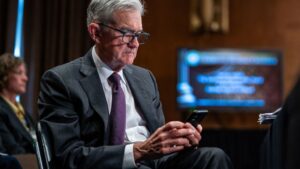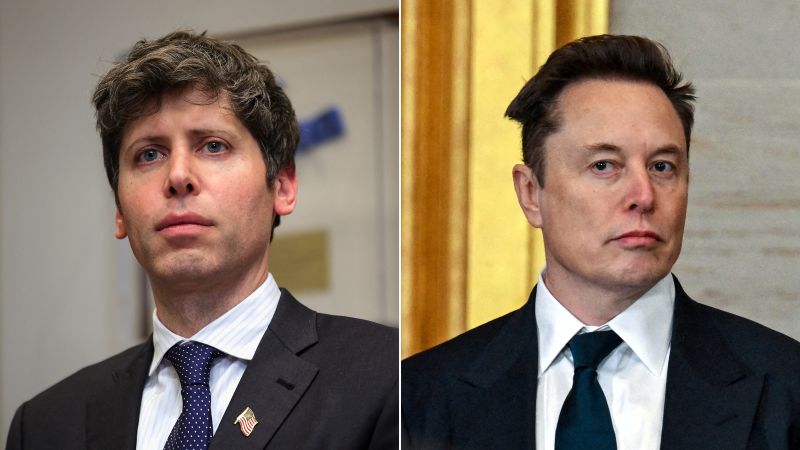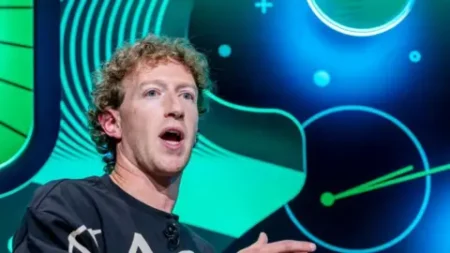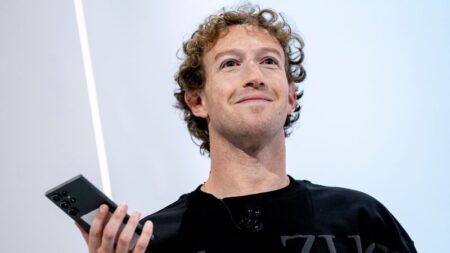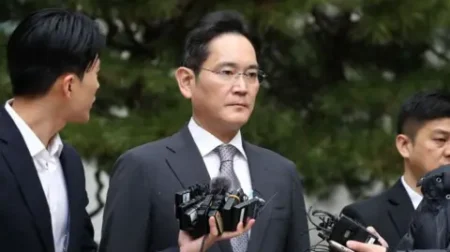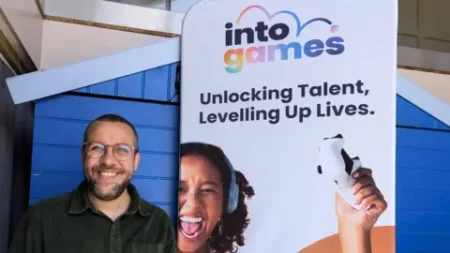In a significant financial maneuver that stands to alter the landscape of the artificial intelligence sector, Elon Musk has taken the lead in a proposal to acquire OpenAI, the parent organization behind ChatGPT, for a staggering $97.4 billion. This bold offer potentially sets the stage for a major shift not only in the ownership of the AI giant, but also in the approach it may take towards AI development and commercialization going forward.
Musk’s contentious relationship with OpenAI’s Chief Executive Officer, Sam Altman, has been well documented, marked by ongoing legal battles and public disputes. Musk has multiple legal complaints against both the organization and Altman himself, arguing that they’ve misrepresented OpenAI’s mission as a philanthropic venture. He asserts that the company has strayed from its foundational purpose by pursuing profit-driven goals, a philosophy starkly opposed to its original charter, which emphasized a focus on altruism and safety in AI development.
OpenAI operates under a unique structure composed of a nonprofit entity that oversees OpenAI LP, a for-profit organization that has been critical to the company’s financial ascendance. Under Altman’s leadership, the for-profit sector of OpenAI has soared in value, with estimations close to $100 billion within a few short years. This transformation reflects his role as a pivotal figure in engineering OpenAI’s financial strategies, which have been vital in placing OpenAI at the forefront of AI development in a highly competitive space.
Musk’s investment proposal brings to light his ambitions to gain a controlling stake in OpenAI, a move that could enhance his influence in the field of AI—particularly in contrast to his own ventures with X.AI. This deal is not just financially significant; it represents a potential ideological clash between a vision of AI as a profit-centered endeavor and one focused on open-source innovation and ethical considerations.
Marc Toberoff, an attorney representing Musk’s investors, articulated a strong stance on the matter, emphasizing the ethical implications of OpenAI’s direction under its current leadership. He stated, “If Sam Altman and the present OpenAI, Inc. Board of Directors are intent on becoming a fully for-profit corporation, it is vital that the charity be fairly compensated for what its leadership is taking away from it: control over the most transformative technology of our time.” This statement underscores the concerns about whether OpenAI still aligns with its original mission to foster a safe and open platform for AI technology.
In a rather dismissive response, Altman issued a statement on the platform X (formerly Twitter), cheekily countering Musk’s offer by suggesting an interest in purchasing Twitter for an explicitly lower sum. This exchange not only highlights the tension between the two tech moguls but also illustrates Altman’s defiance in the face of Musk’s aggressive bid.
Interestingly, Musk’s connection to OpenAI dates back to its inception in 2015, where he played a role as a co-founder. His exit in 2018 was prompted by fundamental disagreements regarding the organization’s pivot towards for-profit initiatives, a change he vehemently opposed. OpenAI was established with the intent of addressing the existential risks posed by artificial general intelligence (AGI), boasting its dedication to ethical oversight through transparency and public code release.
However, the demanding nature of investor expectations, particularly from major benefactors like Microsoft and venture capital firms such as Thrive Capital, has propelled OpenAI to prioritize profit and rapid growth. Altman’s push for swift innovation echoes the “move fast and break things” ethos prevalent in Silicon Valley, leading to a dual-edge sword where rapid advancements might overshadow inherent safety concerns.
This tumultuous saga saw its share of unprecedented events, including a bizarre incident in late 2023 where the OpenAI board controversially fired Altman, only to quickly rescind that decision. Subsequent board reshuffling suggested that early leadership concerns revolved around the pace of technological advancements, potentially jeopardizing safety protocols.
Musk’s litigation against OpenAI has evolved over time. Initially, in June 2024, he filed a lawsuit that he later retracted following the publication of OpenAI’s internal communications indicating Musk’s recognition of the necessity for profitability to support substantial AI ambitions. By August 2024, Musk refiled, arguing that OpenAI rushed to develop powerful technologies for maximized profits, even laying serious allegations of racketeering against the organization.
In a counter-response, OpenAI has posited that Musk’s grievances stem from jealousy, asserting that it’s rooted in his feelings about no longer being associated with a project he helped to start. With the rapidly evolving nature of this situation, it is clear that the confrontation between Musk and OpenAI represents more than just a corporate clash; it signifies a deeper struggle over the direction of AI development, responsibility, and ethical implications for the future of technology itself. This story remains dynamic, suggesting further developments are anticipated.


